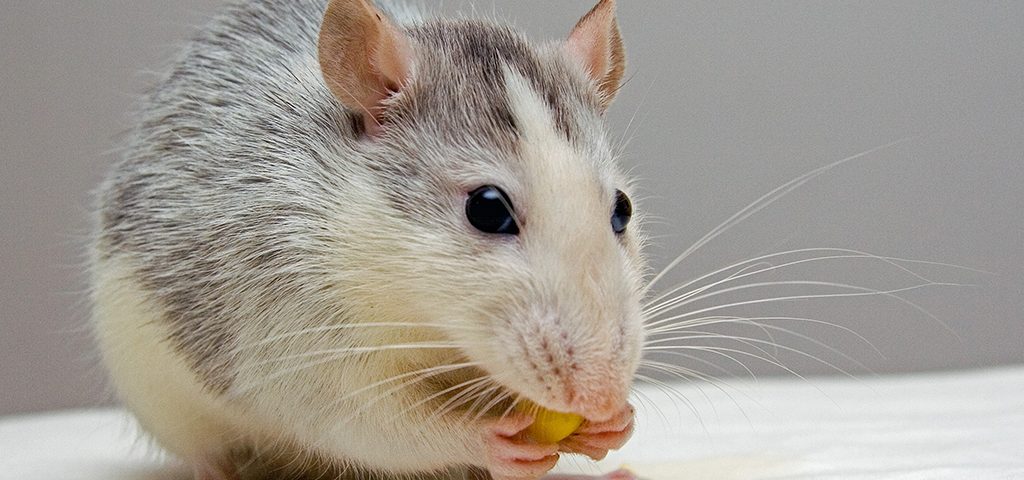
The Dangers of Hearing Aid Batteries for Pets and Children
October 18, 2016
4 Listening Skills to Practice with your Hard-of-Hearing Child
October 21, 2016Study: Hearing Loss Gene Identified in Mice

Researchers who say they’ve identified a gene associated with age-related hearing loss in animals say the hope the research may lead to finding the equivalent human gene.
Researchers at the Medical Research Council (MRC) Harwell, Oxfordshire carried out the animal study, which has identified a gene associated with age-related hearing loss. Once the same gene is identified in humans, researchers may be able to develop screening programmes to identify the risk of developing an age-related condition prior to any symptoms appearing. This is a first and vital step in developing new therapies.
Age-related hearing loss
Until recently, not much has been known about the genes that influence age-related conditions, or how they do so. In a bid to learn more, the Oxford-based researchers introduced new mutations at random positions in the genes of mice (prior to birth) and then monitored their health as they aged. If an age-related condition developed, they noted which particular gene had been mutated.
Gene identified in mice
Prior to this particular study, it was already known that the Slc4a10dy gene was needed for eye function, but for the first time, the Harwell study linked defective Slc4a10 to age-related hearing loss.
“This study increases our understanding of the genes related to ageing and ill-health and may ultimately help us to identify new treatments,” says Dr Lindsay Wilson, Programme Manager for Genetics and Genomics at the MRC.
What does this mean for humans with hearing loss?
The results of this animal study may lead to future investigations of the same genes in humans to see if naturally-occurring mutations cause similar effects. Studies of the equivalent human gene may then help in the development of screening programs to identify the risk of developing age-related hearing loss.
“Our study is an important springboard for a better understanding of which genes in humans are involved in age-related conditions, and how changes in those genes influence this. This is a first and vital step in developing new therapies,” said lead researcher, Dr Paul Potter of MRC Harwell
- Author Details




